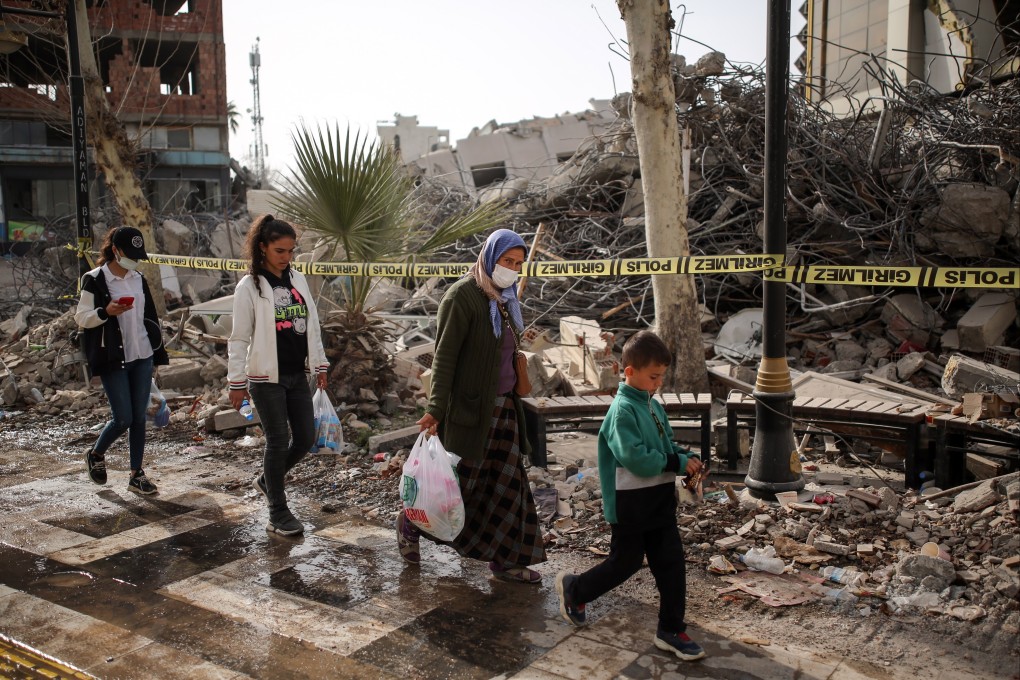Turkey still intends elections in May despite earthquake, says Erdogan
- ‘Nation will do what is necessary on May 14, God willing’, said the president; around 50,000 people died in February quake, most of them in Turkey
- Erdogan, who has faced criticism over handling of tragedy, did not say how elections would be organised in quake zone or if displaced survivors would be able to vote

Turkish President Recep Tayyip Erdogan indicated on Wednesday that his government still intends to hold elections in May despite an earthquake last month that devastated parts of southern Turkey.
“This nation will do what is necessary on May 14, God willing,” Erdogan said in a speech to lawmakers, in an apparent reference to elections seen as representing his biggest ever political challenge.
In an address to legislators of his ruling party, Erdogan chided critics of the government’s handling of the earthquake’s aftermath and said the people would give their response on May 14, the election date his ruling party had tentatively set before the deadly tremor hit.
Around 204,000 buildings either collapsed or were severely damaged there, leaving hundreds of thousands of people homeless.
Officials say 14 million people were affected by the quake and millions have either left or been evacuated from the region.
